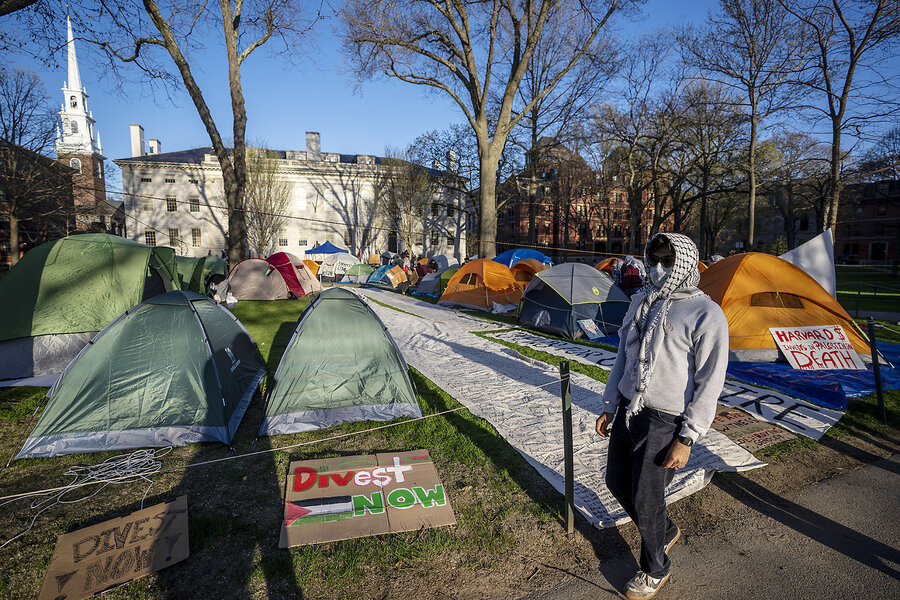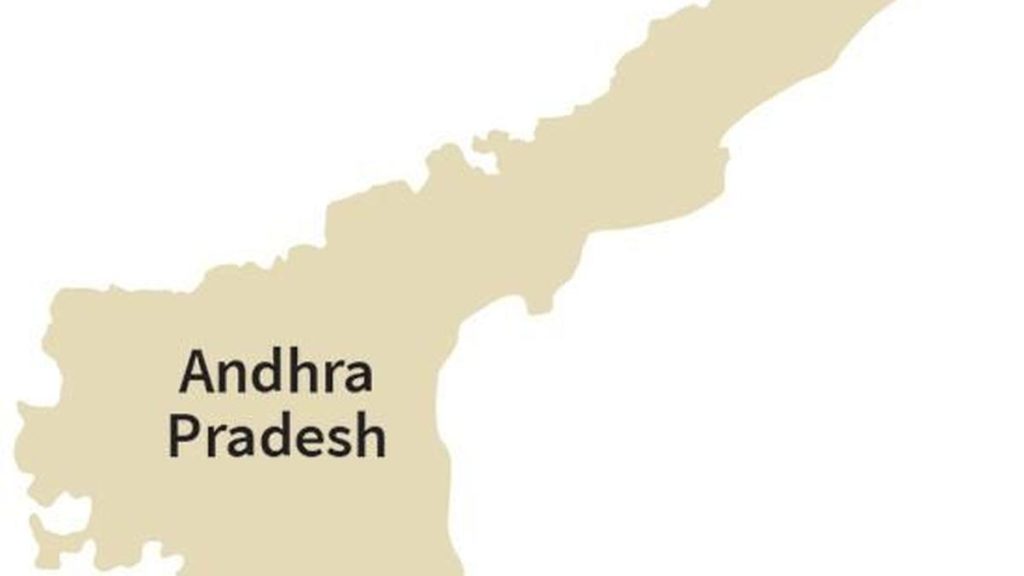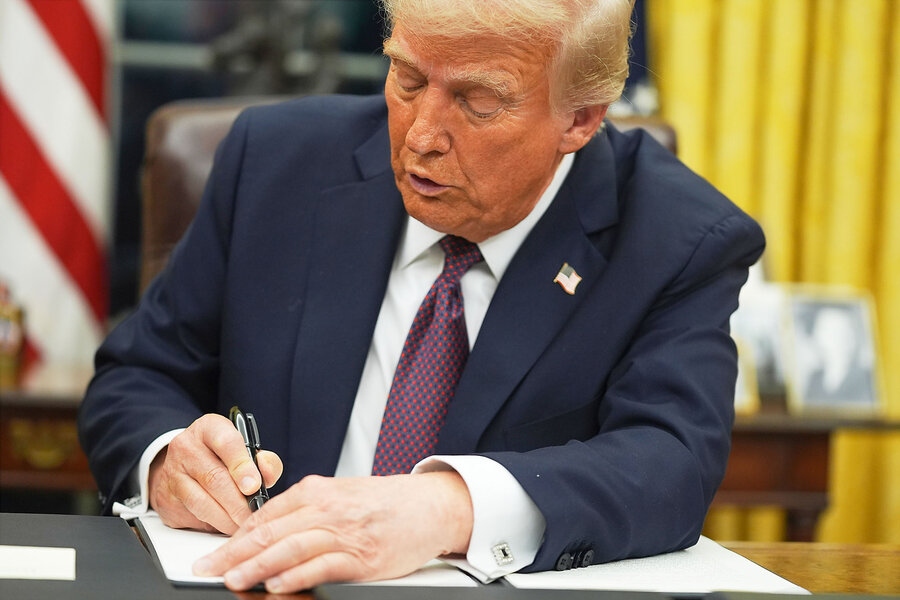Now Reading: Examining the Federal Role in US Colleges
-
01
Examining the Federal Role in US Colleges
Examining the Federal Role in US Colleges

Fast Summary:
- Colleges and teh U.S. federal goverment have shared financial arrangements for over a century, ranging from grants to tax exemptions.
- Harvard is suing the Trump governance over $2 billion in research funding cuts, alleging “viewpoint discrimination.” Ruling by Judge Allison Burroughs expected soon.
- The administration’s “Big, Beautiful Bill” revises student loan rules: caps on borrowing amounts, reduced federal work-study funding, and stricter accountability measures for universities regarding graduate outcomes.
- Pell Grants, loans, and aid to minority-serving institutions face potential reductions in upcoming budget proposals despite longstanding reliance on federal support by such schools.
- Federal research funds amounting to ~$60 billion annually flow mainly towards elite institutions like Harvard and Johns Hopkins. Cuts have been proposed under trump’s reforms targeting inefficiencies or non-compliance with civil rights law regulations tied to accreditation standards.
Associated images include Cornell’s status as a land-grant college via the Morrill Acts, tribal institution funding debates in Santa Fe (2025), and Harvard graduate students working on environmentally sustainable projects.
Indian opinion Analysis:
The ongoing tension between higher education institutions like Harvard and the Trump administration raises critical questions about how ideological considerations influence public funding decisions. Funding cuts can drastically impact research outputs that benefit global society while setting precedent for future federal-academic relationships-potentially tightening regulations governing grants based on institutional compliance with evolving political priorities.
India observes these scenarios with interest; its educational policies are similarly reliant on public investments but lack robust mechanisms tying fiscal accountability directly to institutional or societal output benchmarks akin to America’s evolving models under recent reforms. Such scrutiny might inspire India’s policymakers toward fostering greater efficiency without compromising academic freedoms-a delicate balance essential for democratic nations grappling with higher education modernization challenges linked globally.


























